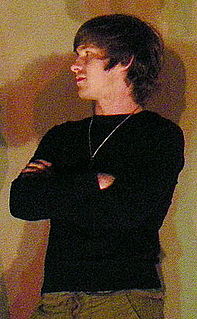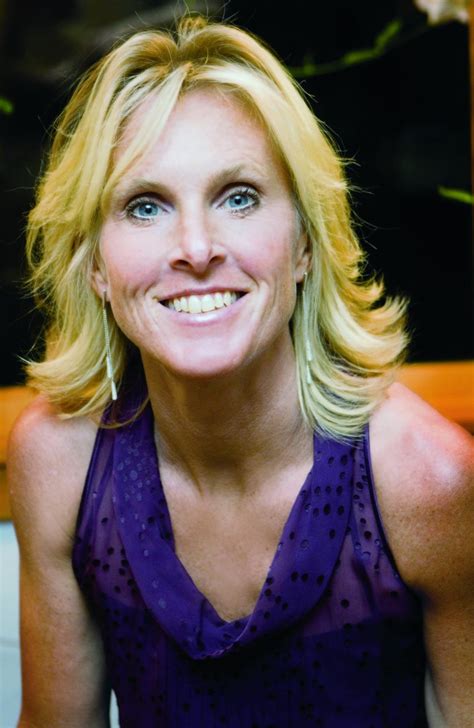A Quote by Ralph Waldo Emerson
Science is nothing but the finding of analogy, identity, in the most remote parts.
Related Quotes
Therefore, the two processes, that of science and that of art, are not very different. Both science and art form in the course of the centuries a human language by which we can speak about the more remote parts of reality, and the coherent sets of concepts as well as the different styles of art are different words or groups of words in this language.
Natural science is founded on minute critical views of the general order of events taking place upon our globe, corrected, enlarged, or exalted by experiments, in which the agents concerned are placed under new circumstances, and their diversified properties separately examined. The body of natural science, then, consists of facts; is analogy,-the relation of resemblance of facts by which its different parts are connected, arranged, and employed, either for popular use, or for new speculative improvements.
I think it's important to reason from first principles rather than by analogy. The normal way we conduct our lives is we reason by analogy. [With analogy] we are doing this because it's like something else that was done, or it is like what other people are doing. [With first principles] you boil things down to the most fundamental truths…and then reason up from there.
In this modern world of ours many people seem to think that science has somehow made such religious ideas as immortality untimely or old fashioned. I think science has a real surprise for the skeptics. Science, for instance, tells us that nothing in nature, not even the tiniest particle, can disappear without a trace. Nature does not know extinction. All it knows is transformation. If God applies this fundamental principle to the most minute and insignificant parts of His universe, doesn't it make sense to assume that He applies it to the masterpiece of His creation, the human soul?
... one of the main functions of an analogy or model is to suggest extensions of the theory by considering extensions of the analogy, since more is known about the analogy than is known about the subject matter of the theory itself ... A collection of observable concepts in a purely formal hypothesis suggesting no analogy with anything would consequently not suggest either any directions for its own development.







































